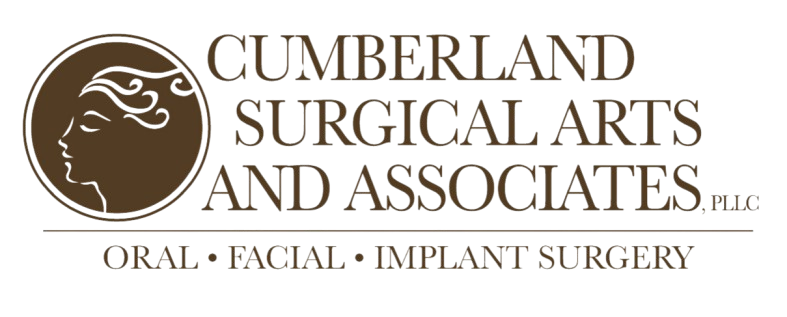April is National Facial Protection Month, and Dr. George Lee with Cumberland Surgical Arts wants to remind parents, coaches, and athletes to play it safe as they prepare to suit up for recreational and organized sports. A child’s mouth and face can be easily injured if the proper precautions are not used while playing sports. In fact, according to the Center for Disease Control, more than half of the 7 million sports- and recreation-related injuries that occur each year are sustained by youth as young as 5 years old. Last year, the National Youth Sports Safety Foundation forecasted that more than 3 million teeth would be knocked out in youth sporting events – yet, in a survey commissioned by the American Association of Orthodontists, 67% of parents admit that their child does not wear a mouth guard during organized sports.
Every year, oral and maxillofacial surgeons are called to hospital emergency rooms to treat children who have sustained knocked-out teeth, broken jaws, and other facial injuries during organized or neighborhood sports activities. For most of these children, these injuries could have been less severe or prevented entirely if they had worn a mouth guard, helmet, or other protective headgear. This raises a question: if mouth guards offer a simple and relatively inexpensive solution to help dramatically decrease the risk of oral and facial injuries and concussions, why aren’t more kids wearing them? When kids don’t wear mouth guards or protective headgear in sports activities, it’s usually because parents and coaches are unaware of their importance. Parents are encouraged to talk with their dental professionals about the right mouth guards for their young athletes, and to urge coaches to require that young athletes wear their mouth guards at every practice and every game.
A mouth guard is a smart investment. Its cost is a fraction of the costs associated with emergency care of a broken or knocked-out tooth or a more serious facial fracture.
Choosing the mouth guard that’s right for your sport and recreational activities
The Academy for Sports Dentistry, American Academy of Pediatric Dentistry, American Association of Oral and Maxillofacial Surgeons, American Association of Orthodontists and the American Dental Association recommend that all children and adults engaging in organized sports or recreational activities should wear comfortable, well-fitted mouth guards that do not restrict breathing, resist tearing and are easy to clean. Organized sports include, but are not limited to, football, wrestling, basketball, baseball, volleyball, ice and field hockey, softball and soccer. Recreational sports include cycling, inline skating, skateboarding or any activity in which the face could come in contact.
Types of Mouth Guards:
There are three types of mouth guards available:
Covers all teeth and cushions the jaw.
No interference with speech or breathing.
Adjustable for all sports.
Available from department and sporting goods stores.
Provides better individual fit than stock mouth guards.
Difficult to adapt to orthodontic appliances.
Difficult to speak and breathe.
Least effective in terms of protection.
Impairs breathing and stays in place only when mouth is closed.
To get the most of your mouth guard, you’ll need to take proper care of the device. Wash it in cool soapy water and rinse it off well before and after each time you use it. For even better protection against germ build up, brush the guard with a toothbrush and toothpaste before and after every use. Also, don’t chew on the mouth guard or wear removable retainers with your mouth guard, and be sure to replace your mouth guard when it shows signs of wear and tear. Because different sports involve risk and potential injury, talk to your dentist or dental specialist before selecting a mouth guard that meets the needs of your child’s specific activity.
Locations
2285 Rudolphtown Rd Suite 200, Clarksville, TN 37043
Phone: (931) 552-3292
Email: cumberlandsurgicalarts@gmail.com
- MON - FRI8:00 am - 4:30 pm
- SAT - SUNClosed
- MON - TUE8:00 am - 4:30 pm
- WEDClosed
- THU8:00 am - 4:30 pm
- FRI - SUNClosed
- MON - TUEClosed
- WED8:00 am - 2:00 pm
- THU - SUNClosed









